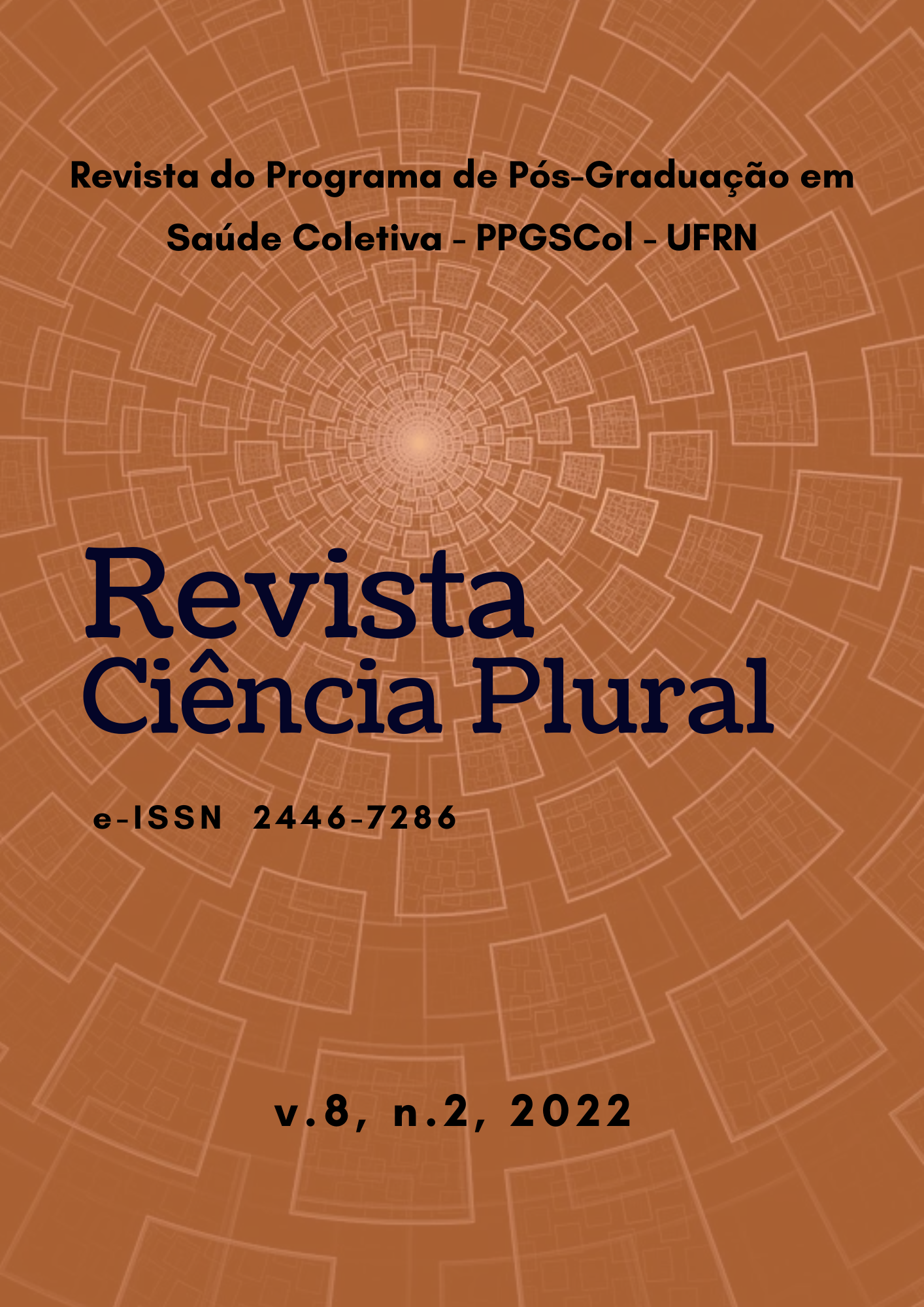Conocimiento de los profesionales de la atencíon primaria de salud sobre introduccíon alimentar infantil
DOI:
https://doi.org/10.21680/2446-7286.2022v8n2ID26588Resumen
Introducción: La infancia es un periodo de intenso crecimiento y desarrollo, así como de vulnerabilidad, siendo necesario un seguimiento adecuado. A partir del 6º mes de vida, se inicia el momento de introducción alimentaria (IA) que, cuando realizada de forma correcta, permite adecuado aporte energético y de nutrientes. En este contexto, profesionales de la Atención Primaria de Salud (APS) responsables de las consultas de Crecimiento y Desarrollo (CyD) deben estar preparados para realizar orientaciones sobre alimentación. Objetivo: Evaluar el conocimiento sobre IA de los profesionales de la APS responsables de las consultas de CyD. Metodología: Estudio transversal y cuantitativo desarrollado con profesionales de la APS responsables por las consultas de CyD del municipio de Currais Novos, RN. Estos profesionales, respondieron, de forma online, cuestionario semiestructurado sobre perfil sociodemográfico y profesional, conocimiento y seguridad auto reportados por los profesionales, conocimiento sobre IA y dudas sobre IA. Los datos se analizaron utilizando frecuencias absolutas y relativas. Resultados: Ningún profesional realizó curso en el área de IA y 60,9% no tuvo acceso a la Guía Alimentar. La mayor parte se siente seguro para repasar las informaciones sobre IA, pero tiene dudas y busca estudiar sobre la temática. En cuanto a la clasificación de los conocimientos, 52,2% (n=12) se clasificó como “Bueno”; la clasificación “Muy bueno”, por su parte, fue compuesta predominantemente por enfermeros (87,2%). Fueron enumeradas 15 dudas, entre ellas: cuantidad (n=12) y tipos de alimentos a ser ofertados (n=6), inicio de la oferta (n=3), uso de tés (n=2) y cuantidad de agua para ofertar (n=2). Conclusiones: A pesar de que la mayoría de los profesionales posee “Bueno” o “Muy bueno” conocimiento sobre IA, aún existe la necesidad de profundización en la temática debido a la necesidad y relevancia.
Descargas
Descargas
Publicado
Cómo citar
Número
Sección
Licencia
À Revista Ciência Plural ficam reservados os direitos autorais referente a todos os artigos publicados.






